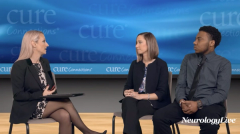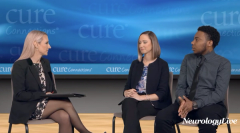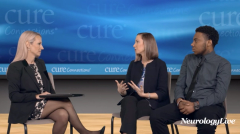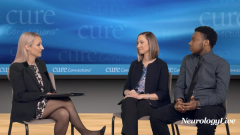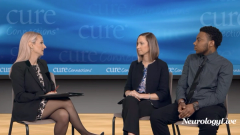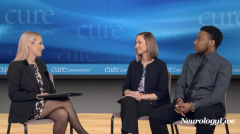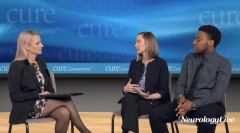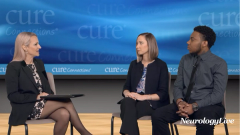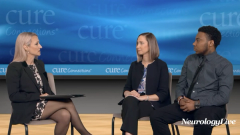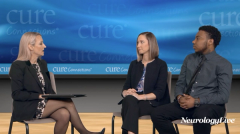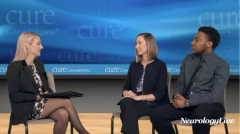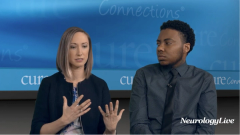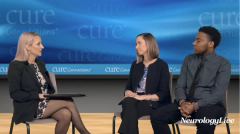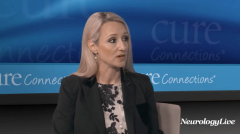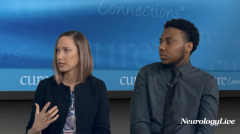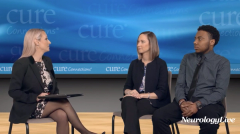
Psychological Effects of SMA on Children and Adults
Episodes in this series

Philippa Cheetham, MBChB, MRCS, MD, FRCS: Patients are very vulnerable, aren't they. They will read about potential magic treatments, magic therapies that may have absolutely 0 evidence base. But when you've got a sick child who's not progressing, you’ll go to the ends of the earth to get the right treatments. Can we talk a little bit about the emotional effects for patients like Sebastian, who see school friends running around, being involved in sports; the depression, the frustration, the effect that it has emotionally on a child's development and their social interaction? Do you see a lot of that with this disease?
Crystal Proud, MD: We do. It's quite common to have patients, whether they are pediatric or adult, experience adjustment challenges and depression and anxiety. And it's something that we try to talk about as much as we can in clinic. We do have a licensed clinical social worker who helps facilitate some of those discussions if they don't feel comfortable talking to me about it. It's not uncommon for me to prescribe antidepressants or anti-anxiety medications to some of my patients, actually, in conjunction with recommending counseling to help discuss how navigating the world as somebody experiencing SMA [spinal muscular atrophy] is very different than somebody who navigates the world without.
Newsletter
Keep your finger on the pulse of neurology—subscribe to NeurologyLive for expert interviews, new data, and breakthrough treatment updates.

